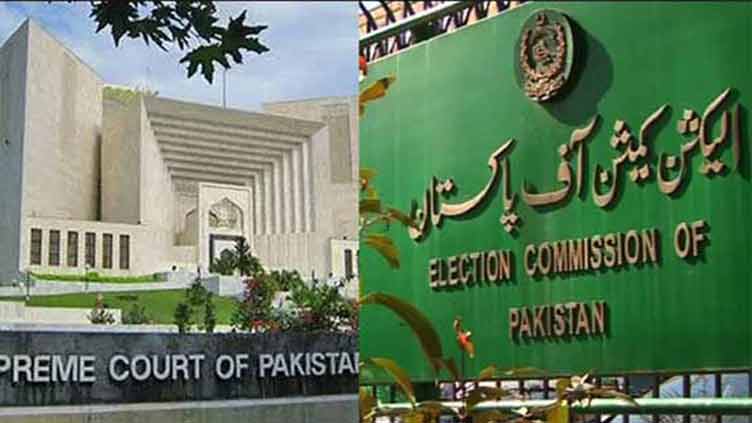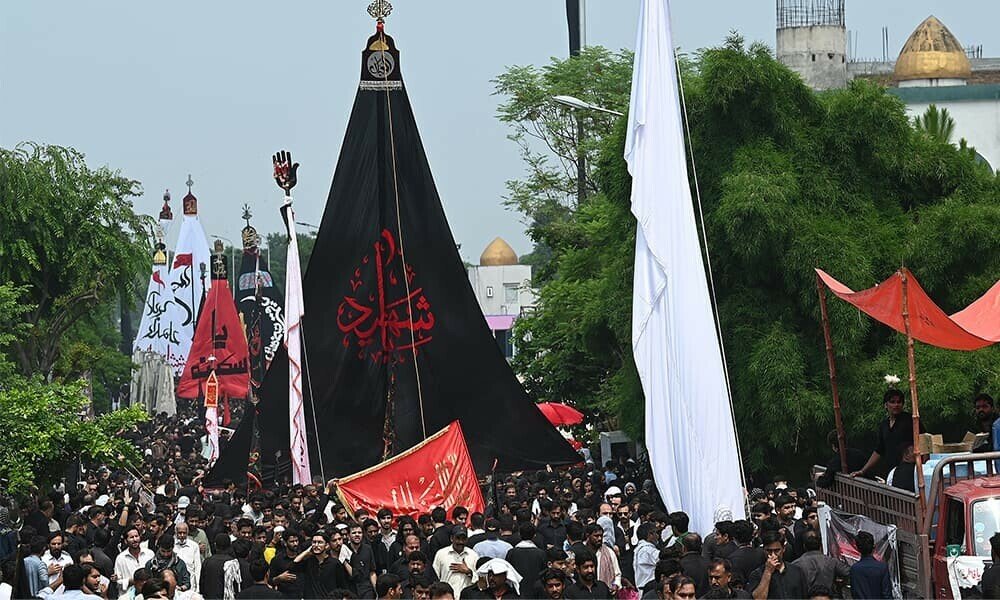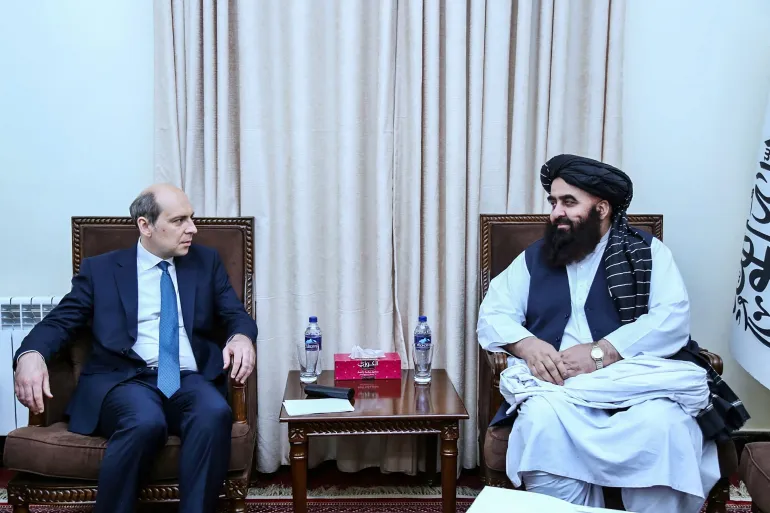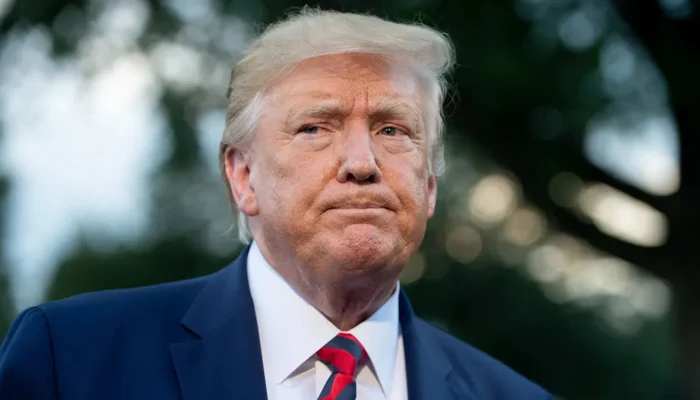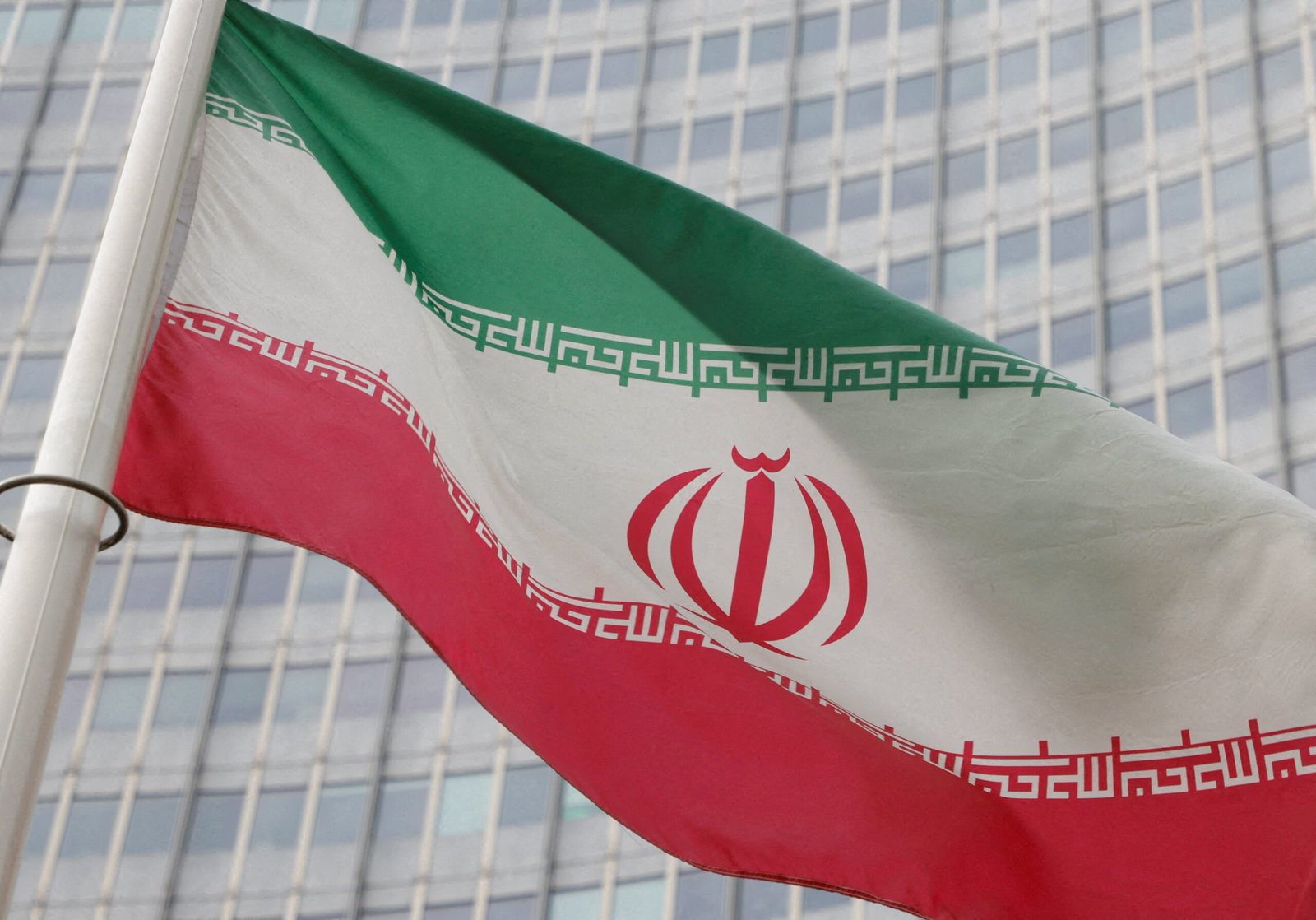A shadow of uncertainty has fallen over Pakistan’s upcoming elections. Just as preparations were in full swing for the February 8th polling day, a surprise resolution passed by the Senate on Friday seeking to postpone the elections has thrown the political landscape into disarray. This unexpected move has not only sparked legal challenges but also ignited passionate counter-arguments within the Senate itself.
The legal challenge comes in the form of an application filed by prominent lawyer Ishtiaq Ahmed in the Supreme Court. He argues that the Senate’s resolution constitutes contempt of court, given the prior rulings by the judiciary upholding the election date. This challenge adds a layer of legal complexity to the issue and could potentially hold sway in determining the fate of the elections.
Meanwhile, within the Senate itself, Senator Mushtaq Ahmed of the Jamaat-e-Islami (JI) has emerged as a staunch opponent of the postponement. He has submitted a counter-resolution asserting the unconstitutionality of the Senate’s move and defending the sanctity of the electoral process. Senator Mushtaq argues that holding elections is a constitutional obligation and any attempt to delay it undermines the democratic fabric of the nation.
His counter-resolution highlights concerns that postponing the elections could benefit undemocratic forces and further destabilize the already fragile political situation. This internal dissent within the Senate reflects the divided opinions on the issue and the deep anxieties surrounding the potential disruption of the democratic process.
The unfolding drama surrounding the elections points to several key concerns:
- Violation of Constitutional Obligations: The legal challenge and counter-resolution raise questions about whether the Senate’s resolution infringes upon the constitutional responsibilities of the Election Commission and the caretaker government.
- Impact on Democracy: The delay in elections could lead to political instability, erode public trust in democratic institutions, and potentially embolden non-democratic actors.
- Uncertainty and Tension: The lack of clarity regarding the election date is injecting tension and anxiety into the political landscape, hindering effective campaigning and governance.
The coming days and weeks will be crucial in determining the fate of Pakistan’s elections. The Supreme Court’s response to the legal challenge and the Senate’s response to the counter-resolution will hold significant weight in deciding whether the February 8th date remains intact or the nation navigates into the uncharted territory of a delayed election. The outcome of this political tug-of-war will have far-reaching consequences for the stability and democratic future of Pakistan.
Please, subscribe to the YouTube channel of republicpolicy.com



